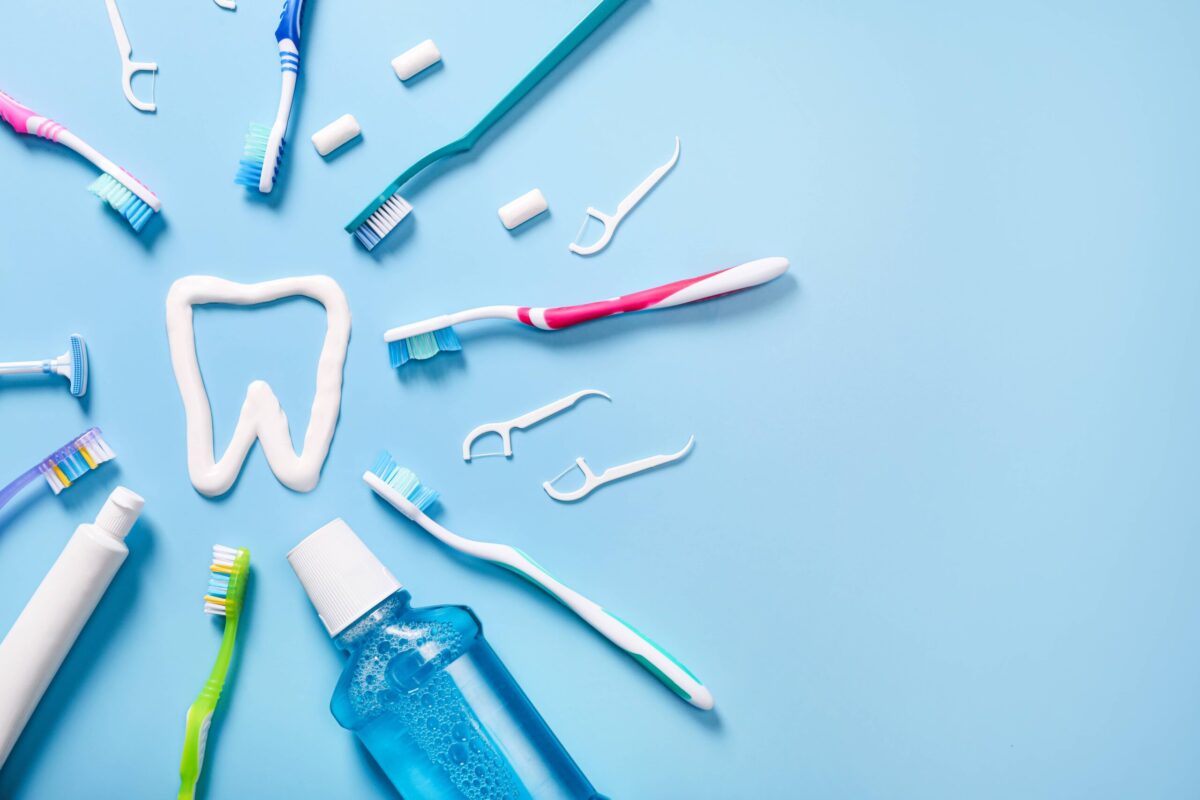Maintaining Oral Health and Hygiene: A Prevention Guide

A good oral health is not only aimed at tooth health, but it is a starting point for our general health and well-being. Oral health is an integral part of overall health, and each influences the other. Improper diet, smoking, alcohol intake, and poor oral hygiene practices can contribute to various oral diseases. Poor diet that includes excess sugar, soda, sugary drinks or acidic foods leads to tooth problems such as dental caries, dental erosion, periodontitis, and many other oral problems.
Smoking has been linked to oral cancer, gingival and periodontal disease, periimplantitis, tooth discolouration, halitosis, taste bud changes, and difficulty healing wounds after surgery. Excessive alcohol can also heighten the risk of developing oral cancer or other potentially malignant disorders, periodontitis, dental caries, and xerostomia.
Poor oral hygiene not only damages oral health but also increases the complications of heart problems, cancer, and diabetes.
Many of these oral health problems can be prevented by controlling risk factors and following a dental care routine. If your dental problem is limited to dental caries or periodontitis, it can be sorted by removing plaque through regular and proper tooth cleaning followed by a good oral hygiene regimen to prevent recurrence. Here are some preventive measures that you can implement to maintain a good oral health:
- Brush your teeth thoroughly twice daily with fluoride toothpaste and floss daily between the teeth to remove dental plaque. For children, brush their teeth twice a day with fluoride toothpaste. When helping a child, brush and floss their teeth if they cannot perform these activities independently.
- For babies, clean their gums twice daily using a soft, clean cloth after the first feeding in the morning and before bedtime. This will remove bacteria and sugars that can lead to cavities. Once their teeth emerge, initiate brushing twice daily with a soft-bristled toothbrush and plain water.
- Visit your dentist once in 6 months, even if you have no oral problem.
- If you smoke, try to quit. Learn more about tobacco and smoking cessation products online and order them.
- Too much alcohol can cause dry mouth (xerostomia) and worsen your oral health. Limit your alcohol intake.
- If you have diabetes, try to keep your glucose levels in control. This will decrease the risk of oral complications, including gum disease.
- If you are taking medication that causes dry mouth, inform your doctor or ask for a different medication with minimum side effects. If dry mouth cannot be avoided, keep yourself hydrated, chew sugarless gum, and avoid smoking and alcohol.
- Visit your dentist if you have sudden changes in taste and smell.
What are the Best Dental Care Products?
A good oral hygiene routine includes investing in good dental care products. Following is the list of products you can add to your routine for oral health:- Toothpaste: Select a toothpaste with fluoride. It helps strengthen tooth enamel and prevent tooth decay. Look for toothpaste that is approved by Indian dental associations and contains fluoride.
- Toothbrush: Choose a soft-bristled toothbrush that is gentle on the gums and effectively removes plaque and other debris from teeth. Choose a toothbrush with a small head that easily reaches all areas of the mouth. If you have sensitive gums, it’s better to use the brush as your dentist advises.
- Dental floss: Dental floss helps clean the gaps between teeth and gumline where toothbrush bristles may not reach.
- Interdental brushes: These are special brushes that help to clear the larger gaps between teeth.
- Mouthwash: Mouthwashes have antimicrobial activities that help kill bacteria, freshen breath, and rinse away remaining particles. Choose a mouthwash that is alcohol-free and contains fluoride to protect against tooth decay.
- Tongue cleaner: A tongue cleaner helps remove bacteria and debris from the tongue’s surface, reducing the risk of bad breath and oral problems.
- Dental gels: These gels address dental pain in conditions such as aphthous ulcers (canker sores), stomatitis, mouth ulcers, gingivitis, and glossitis.
- Dental Tablet: These tablets help improve teeth and gum health, address swelling in the jaws, and eliminate bad breath, dental pain, gum problems, and oral ulcers.
Conclusion
When selecting dental care products, it’s essential to choose products that are recommended by dentists. At online pharma apps like Truemeds, you can get the dentists recommended best brands and authentic products. Such medical apps also provide all the reliable information you need to make informed decisions about your oral healthcare needs.








